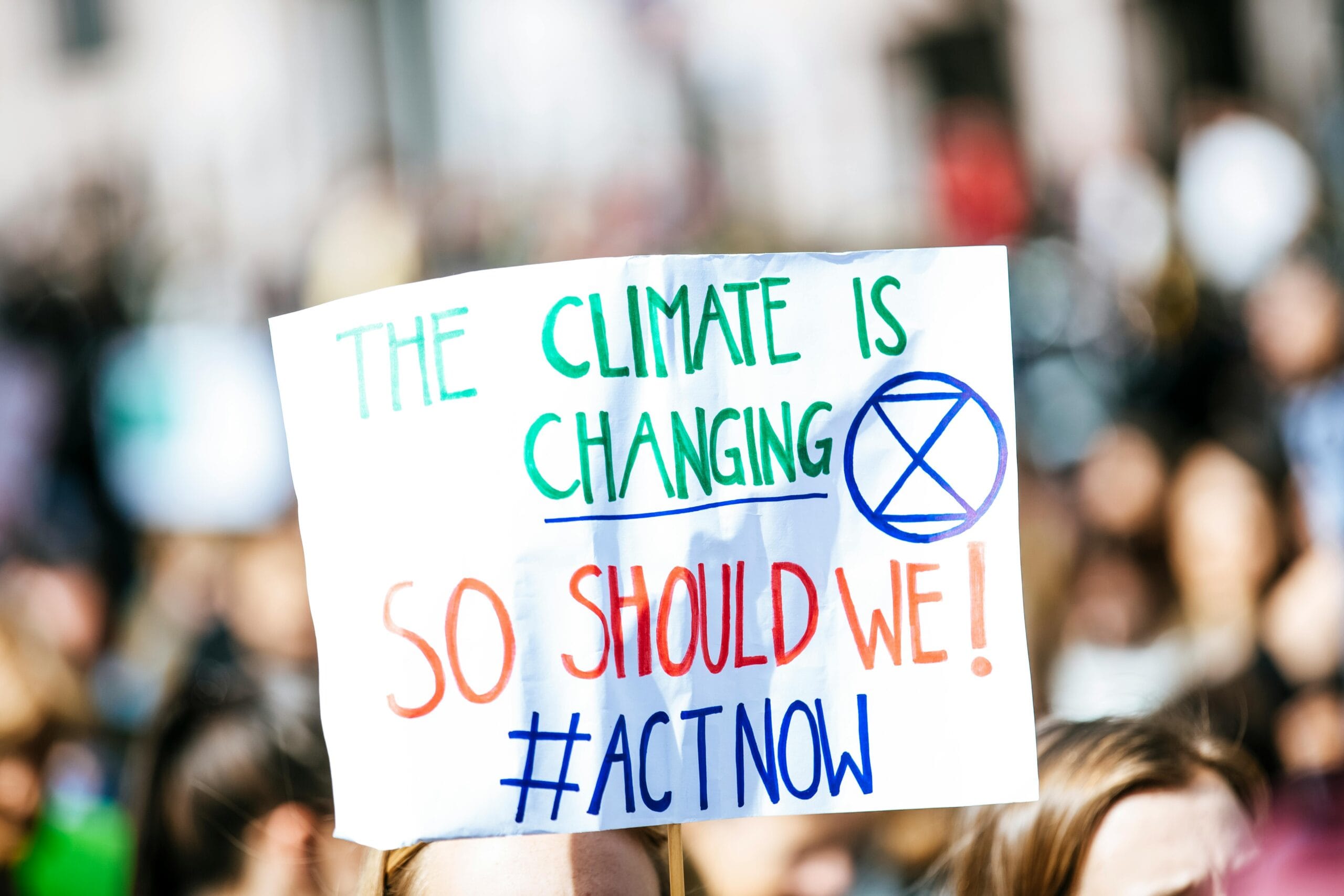Abhishek Bana
Green Entrepreneur
What is Climate Change ?

Climate change is a complex and multifaceted issue that is affecting the entire planet. It is caused by a variety of factors, including the burning of fossil fuels, deforestation, and the release of certain gases into the atmosphere. These activities release large amounts of carbon dioxide and their greenhouse gases, which trap heat in the Earth’s atmosphere and cause the planet to warm.
As the planet warms, we are seeing a range of consequences, including more frequent and severe heatwaves, droughts, and storms. These events can have serious impacts on human health, agriculture, and the natural environment.
One of the most significant impacts of climate change is rising sea levels. As the planet warms, the polar ice caps are melting, causing the oceans to rise. This puts low-lying coastal areas at risk of flooding and erosion. It also has the potential to displace millions of people around the world.
Another impact of climate change is the alteration of ecosystems and the loss of biodiversity. Many plants and animals are unable to adapt to the changing climate and are struggling to survive. This could have serious consequences for the planet’s ecosystems and the services they provide, such as pollination and the regulation of water and air quality.
To address climate change, it is essential that we reduce our greenhouse gas emissions and transition to clean, renewable sources of energy. This will require significant changes to the way we produce and use energy, as well as changes to our transportation systems and land use practices.
Individuals can also make a difference by reducing their own carbon footprint through actions such as using public transportation, reducing energy consumption at home, and supporting businesses and politicians that prioritize the environment.
Addressing climate change will not be easy, but it is essential if we want to protect the planet and ensure a sustainable future for all.
How can solar panels help to decelerate climate change?
Solar panels are a clean and renewable source of energy that can help reduce our reliance on fossil fuels and mitigate climate change. When sunlight hits a solar panel, it is converted into electricity that can be used to power homes, businesses, and other facilities.
The use of solar panels can help reduce greenhouse gas emissions in a few ways. First, solar energy is a clean, non-polluting source of electricity. It does not produce any carbon dioxide or other harmful emissions when it is generated, unlike fossil fuels, which release large amounts of carbon dioxide when they are burned.
Second, solar panels can help displace the use of fossil fuels, which are the primary source of greenhouse gas emissions. By generating electricity from the sun instead of coal, natural gas, or oil, we can significantly reduce our carbon footprint.
Finally, solar panels can help reduce the need for transmission and distribution of electricity over long distances. This can help reduce the amount of energy lost in transmission and lower the overall carbon footprint of the energy system.
Overall, the use of solar panels is a simple and effective way to help combat climate change and transition to a cleaner, more sustainable energy system.
